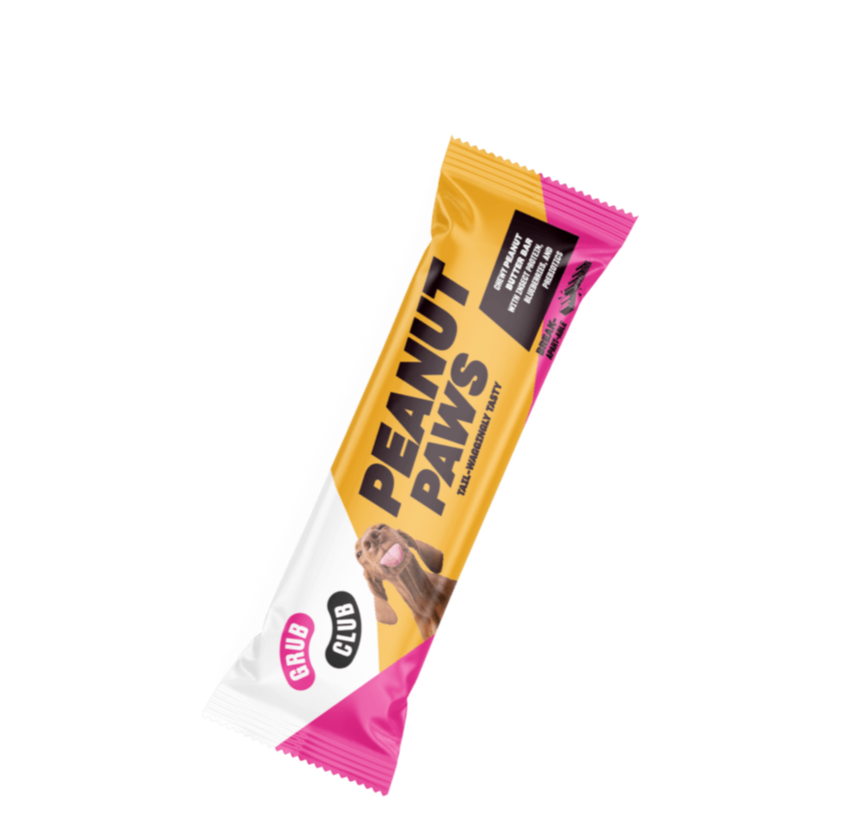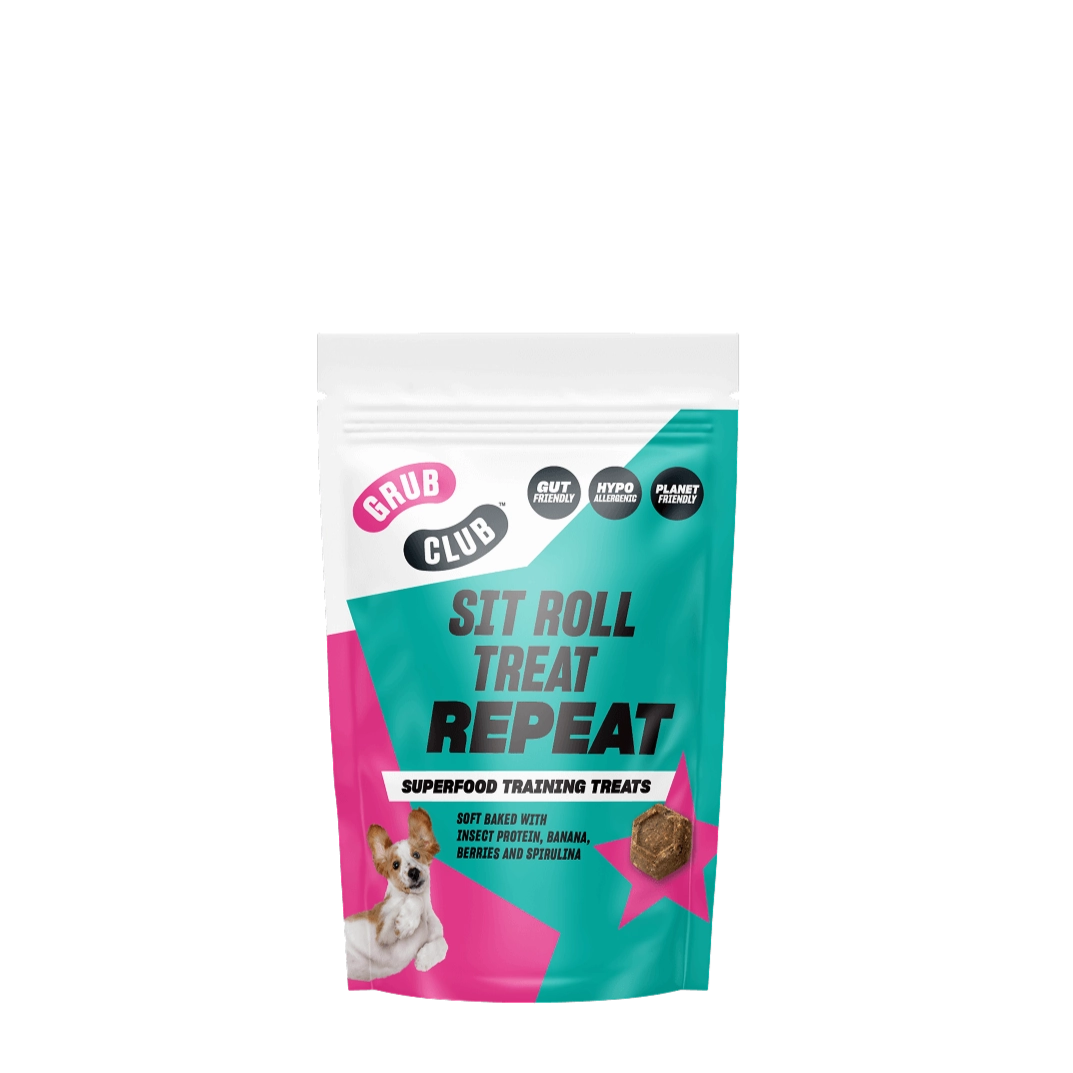Top Dog: All-In-One
Supplement for Snout-to-Tail Wellness
60 Scoops
FREE UK Delivery on orders above £49.
You have £0.00 in your cart, spend £49.00 more and get free shipping.
60 Scoops
1 Bar
72 Bags
1 Pack
1 Pack
1 Pack
Or continue without a name
CheckoutWe understand the frustration and concern that arises when your dog turns their nose up at a fresh bowl of food. Fussy dogs are our forte and we hate to see decent grub go to waste, so let's explore the mysteries behind picky eating and share some simple strategies to help your dog to embrace meal times.
Transitioning your dog to a new food can be a slow process but with a little patience and some trial and error you should be able to win them over. Here are some tried-and-tested tips to help make the switch smoother:
Dogs are creatures of habit, and abrupt changes can be overwhelming for their taste, mind and digestive systems. When you make the switch to a new dog food it's essential you mix a small amount of the new food in with their old one, gradually switching the ratio over a period of 7-10 days to avoid tummy troubles.
However, you may find if your dog is particularly fussy they will take longer to transition, especially if their new food is a different texture. Be prepared to allow a month or longer when making the switch when you own a choosy canine!
Enhance the new food’s appeal by incorporating tasty additions. Flavourful wet food, low-sodium broth, a dollop of plain/Greek yoghurt or a sprinkling of shredded cheese can entice even the pickiest of eaters (as long as none of the above can cause them allergic reactions).
Consistency is key. Stick to a tight feeding schedule and offer meals at the same times each day. Dogs thrive on routine and a predictable schedule can make the new food more appealing.
Dogs are extremely perceptive and can pick up on your emotions. Encourage positive associations by praising them when they show interest in the new food. Use super tasty treats as rewards to reinforce the idea that the new food is a good thing.

The adjustment period varies from dog to dog and can be dependent on their age. While some dogs adapt quickly, others may take a few weeks and senior dogs even longer. It is really important to pay close attention to signs of gastrointestinal upset such as diarrhoea or vomiting which may indicate that the transition is happening too fast. If issues persist, consult your veterinarian for guidance.

Whilst we like to think of them as our babies (guilty!) dog are animals and their natural instinct will take over when they're super hungry. Your dog will eventually eat - it may just take a little time.
Dogs, especially picky eaters can go without eating for a day or two. However, any prolonged refusal to eat should be taken seriously. If your dog consistently refuses to eat, consult your vet to rule out underlying health concerns.
Dealing with a picky eater requires a perfect blend of patience, creativity, and understanding. Here are some strategies to encourage your dog to eat:
Dogs, like humans, appreciate variety. Why not try switching up their protein sources to keep mealtime interesting? A novel protein, such as black soldier fly, will not only tempt their taste buds but it is also gentle on their tummies.
Pick a place for meal times and where possible, stick with this exact spot every single day. This helps your dog to associate that location with food. Keep the area or room quiet whilst your dog is eating so they have a calm and safe environment to enjoy their food in.
Adding a little bit of water to their kibble helps to soften the food, releases the wonderful aromas and will also help the food to be digested more easily.
Excessive treats can spoil your dog’s appetite. Limit treats and ensure they are a small part of their overall daily caloric intake.
Some dogs may need baby steps in order to encourage them to find their paws with eating again and taking the time to hand feed can really help. Remember to give lots of praise and keep the feeding area quiet and relaxed.

If your dog’s picky eating persists, consult your veterinarian. They can rule out any health issues and provide personalised advice based on your dog’s specific needs.
In the quest to get your dog to eat a new food or deal with a picky eater, remember that patience and consistency are your allies. With the right approach, you can most definitely get your dog onto that new balanced and nutritious diet.






